To be a world-class logistic company in today's world, whether you're a manufacturer, a 3pl, or a wholesaler, you must provide the best quality of service and deliver on time at the most competitive price.
Many distribution channels, such as modern trade, traditional trade, e-commerce, hundreds of customers, thousands of receivers, tens of thousands of orders, and multiple stakeholders, all require real-time information, streamlined processes, and impact-driven data.
You must constantly be aware of what is happening if you want to scale, save money, and maximize your investments.
ERP solutions are designed to integrate all of the information related to a company into one system and help in many ways, like improving productivity, resources management, financial management, etc.
ERP systems have contributed a lot to the success of modern-day logistics. They have made it easy for users to access data across the entire organization, making it possible for business leaders to solve problems and focus on creating value in the short term.
Here is a list of benefits of Logistics ERP that can help you boost your returns using fewer resources.
Let's have a look at why you should care for an ERP system:
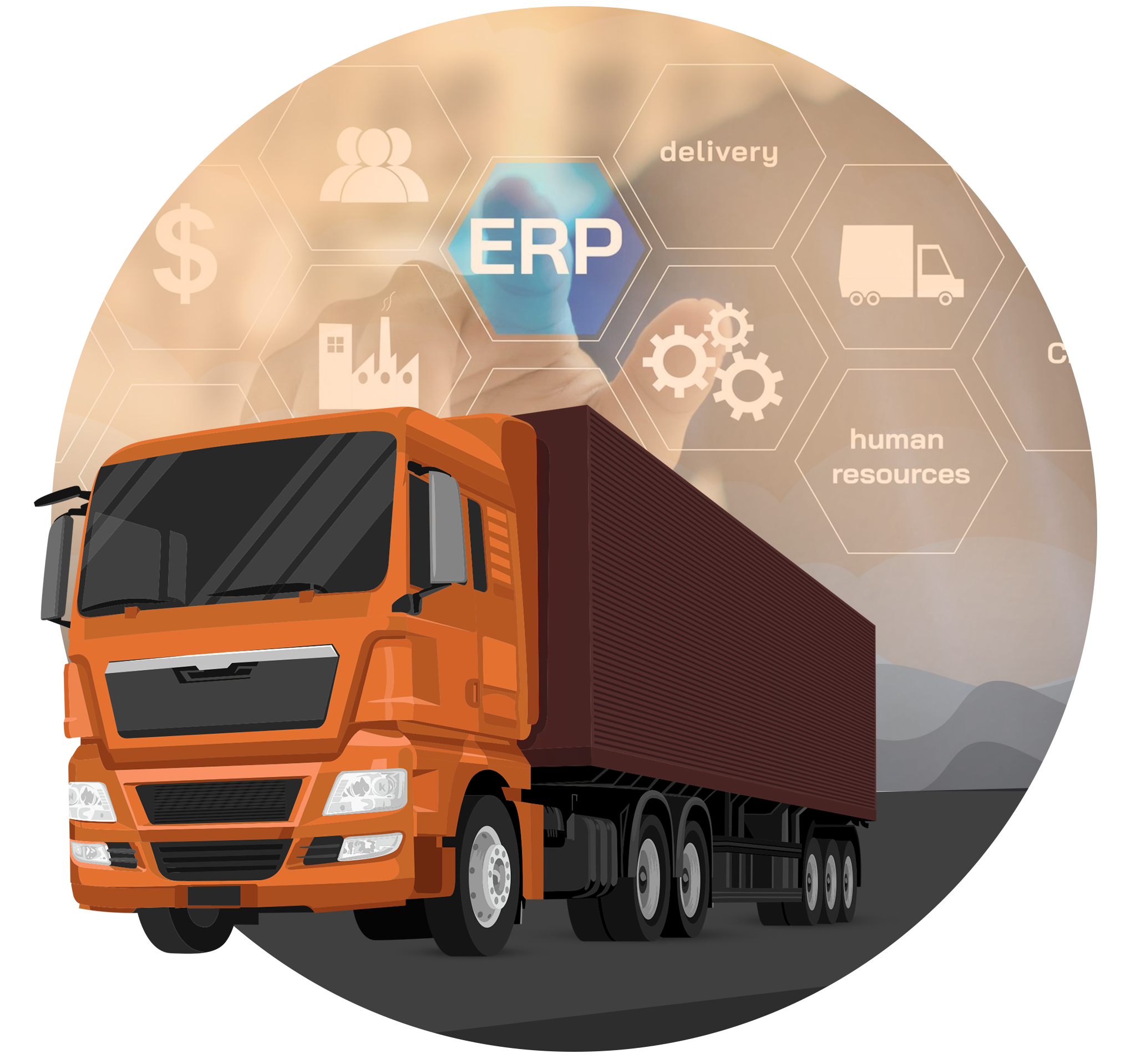
Inventory is the most vital asset for any business. It is the key to generating sales and increasing profits.
The traditional tracking process involves managing physical inventory daily and requires manual handling of each item, which can lead to errors and inefficiencies in supply chain management.
With ERP systems, it is possible to track Inventory using barcodes or RFID tags. When an item leaves a warehouse or gets loaded onto an airplane, it will be scanned and automatically updated with its location.
Logistics ERP also allows you to use automated replenishment processes to ensure that products are available at all times without any manual intervention. It also ensures that customers receive their products on time and in good condition. If a product is out of stock, it can affect customer satisfaction and sales and increase costs by delaying deliveries.
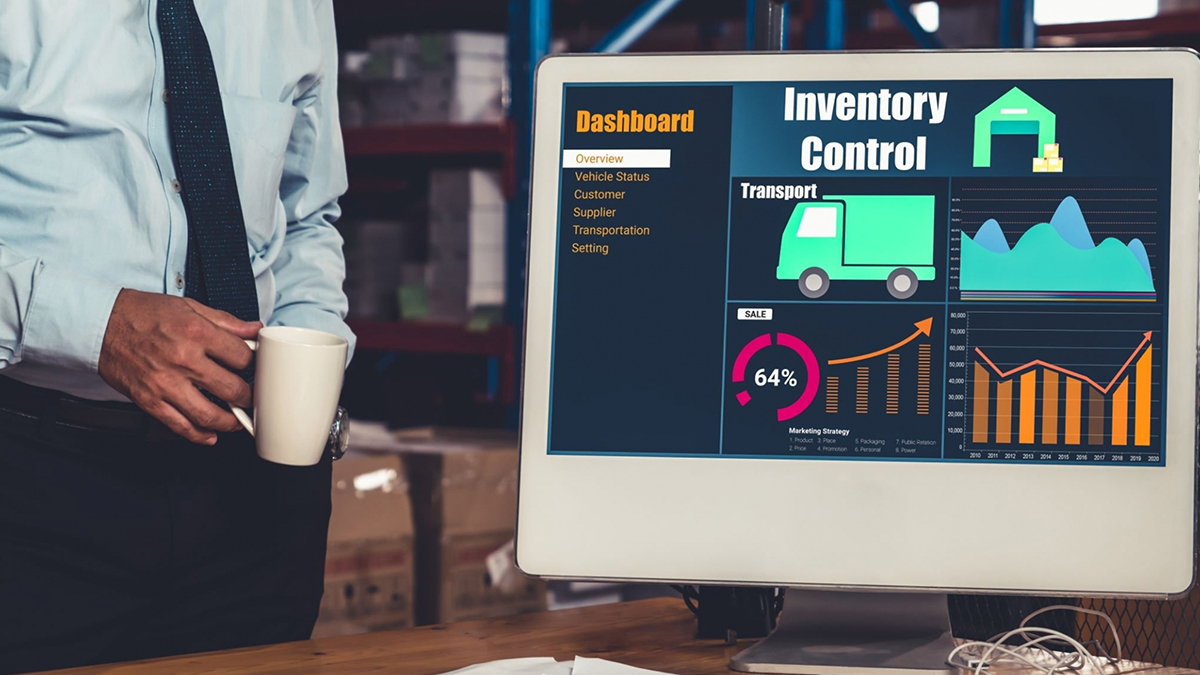
Customer demands and expectations are ever-changing and continue to evolve quickly. 3PL business operations must always be quick to opportunities and challenges to beat the competition.
ERP helps 3pl to slash shipment time, scale with demand, and seamlessly transact with international suppliers to give you real-time visibility and control to make the right business decisions.
Using an ERP system in a 3PL and Warehouse management setting helps manage and track inventory, orders, and shipments effectively. An ERP system can automate many processes involved in these operations, including real-time inventory tracking, order fulfillment, and shipping, and significantly improve the accuracy and efficiency of these processes, as all team members have access to the same information and can work together seamlessly.
Additionally, an ERP system can provide real-time data on inventory levels, sales, and customer demand, which enables forecasting and planning and helps managers make more informed decisions about when to restock items, schedule additional shipments and optimize warehouse space.
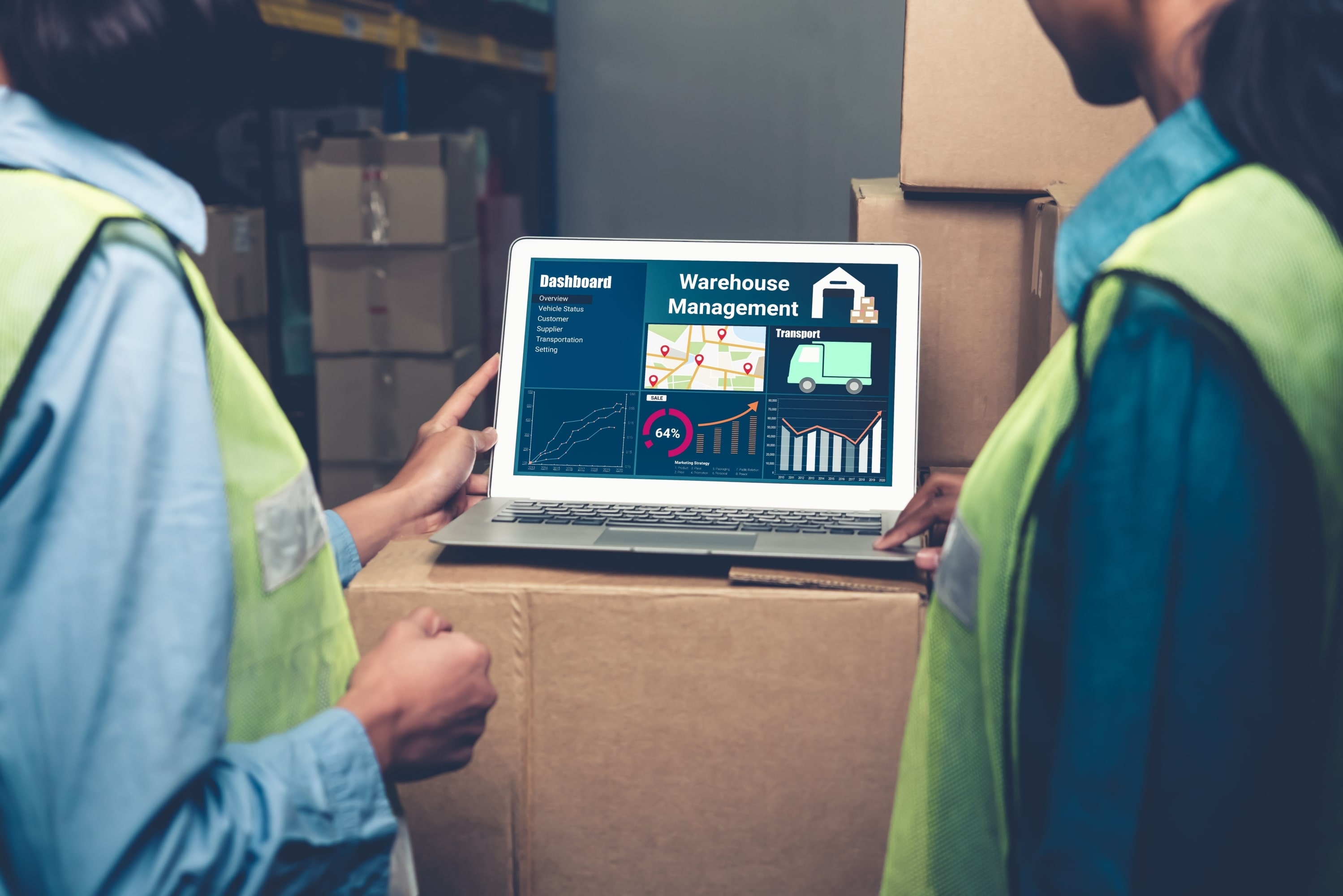
With the Cloud ERP system, Inventory, vehicles, and location-based information are all combined into one central database, which your company employees can access.
ERP allows you to keep track of all of the vehicles in your fleet and their locations at all times. You'll also have access to real-time driver schedules and freight operations to tell when drivers will be out of service or if the vehicle needs maintenance.
With a dependable and secure ERP system, you can reduce the number of trucks required to move cargo. You can also ensure that your vehicles operate at maximum efficiency, resulting in fewer trips back to the warehouse to correct errors or problems.
ERP systems provide you with better planning tools. You can use ERP systems to produce realistic schedules, eliminating wasted resources and unnecessary delays in transportation which ultimately help you reduce expenses by optimizing your fleet size and allowing you to keep up with demand.
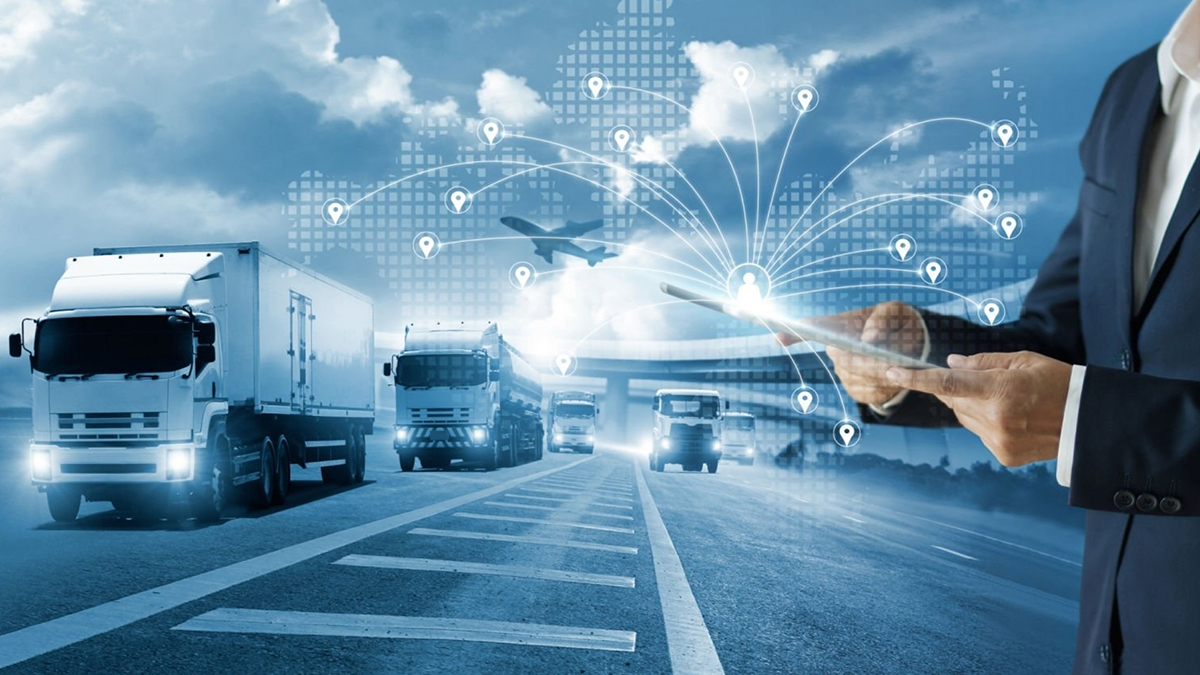
ERP system provides a complete overview of your business. A major benefit is improved distribution management. The integrated view provides a much clearer picture of the entire supply chain, from a raw material supplier to the finished product storage location.
A well-designed ERP system can help managers in the logistics business more efficiently and improve their ability to respond to customer demand.
ERP systems can also provide real-time insights into business key performance and generate actionable information for decision-makers about potential opportunities and threats to the business, forecast demand, manage risk, and optimize production processes.
If you use ERP software, you'll be able to easily create reports on sales, shipments, Inventory, and more. You can also export these reports in various formats so that they can be used by your company's other departments, such as finance or marketing.
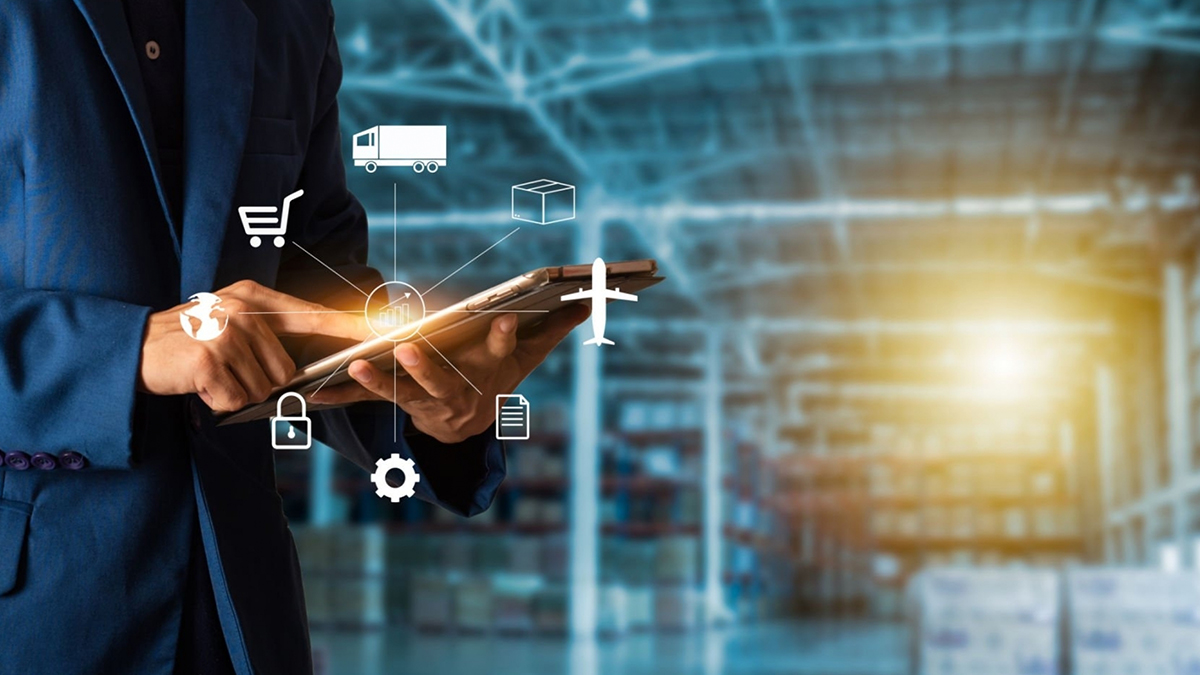
That's how ERP systems attain real-time tracking of shipments; the system is connected with all relevant parties involved in the shipment process, including customers, suppliers, carriers, and even third-party logistics partners.
You can track where goods are at any given time, where they are headed, and what has happened to them along their journey. The system also lets you know if anything has been damaged or lost in transit.
Employees can also monitor their jobs more efficiently because they can always see where items are located and notify when they must be delivered or picked up from storage facilities or warehouses.
With an integrated system, you can manage orders, Inventory, and shipments all in one place, reduce errors and improve efficiency.
ERP systems track orders, manage Inventory, and maintain records. They can also use this information to detect counterfeit products or fraudulent behavior.
Customers and employees can use the real-time order management feature. For example, if an order needs to be shipped out immediately but problems are getting it from one warehouse to another, the system will alert them regarding the delays involved.
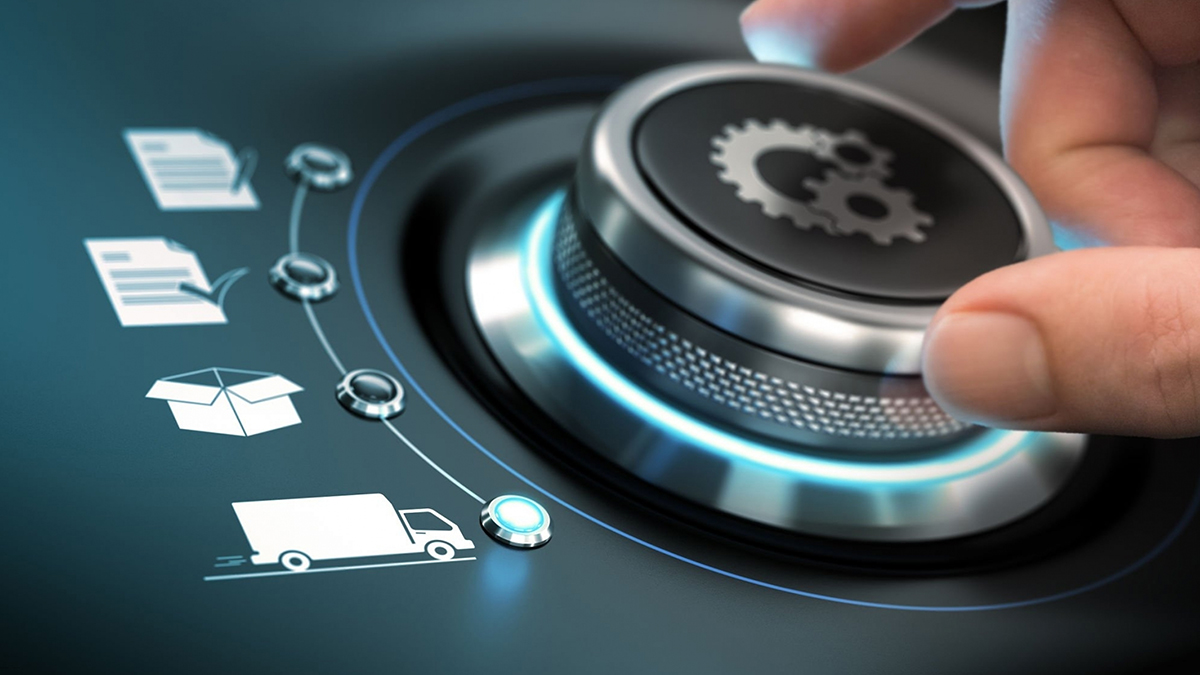
Remote location access to your business is one of the benefits of ERP software. For example, if you run a logistics company, you can use an ERP system to manage your company's operations and processes from anywhere in the world. If you manage a field team, remote access to the system will allow you to see what they are doing, provide them with any necessary guidance, and remotely manage Inventory, sales, and customer relationships without being onsite.
For human resource management, employee engagement and retention are key to any company's success, and ERP systems can play a significant role in helping you retain your employees. With an ERP system, you'll be able to track the performance of each employee and their contributions, which will help you determine their compensation packages and ultimately keep them happy with their job. Because of this, you'll have more accurate information about recruiting new employees and retaining your current workforce.
With remote locations of businesses, companies must have remote access to their businesses. With an ERP system, you access your data anytime and anywhere, eliminating the need for physical presence at the workplace.
With an integrated system, you can manage orders, Inventory, and shipments all in one place, reduce errors and improve efficiency.

Logistics is a complex process requiring multiple parties to work together to ensure compliance with regulations and industry standards. In the past, this meant dealing with multiple vendors and negotiating contracts on a case-by-case basis. Today, most companies use an ERP system that enables them to connect with their vendors through a single point of contact — their ERP system, which means you can manage all of your vendors and logistics networks through one platform, streamlines negotiations, and reduces errors caused by miscommunication.
Here comes another crucial element of the logistic business: inbound freight because it signifies the arrival of raw materials at your facility. With an ERP system, you can utilize real-time data from your warehouse management system to manage incoming freight more successfully. For example, suppose a supplier delivers merchandise on time but doesn't have enough stock to fill an order immediately. In that case, you can easily set up a notification so that you know what's going on before anything.

A successful transportation and logistics business relies on operational efficiency and customer satisfaction.
In Traditional organizations, customer communication, tracking shipments, accounts payables, and accounts receivables have been disorganized. But Not Anymore with NetSuite Cloud ERP, a one-stop cloud-based software that is blazing fast, easy to use, and super-efficient.
Give your customers the ability to request quotes directly, manage shipments view documents and invoices, and more. You can experience organization-level visibility with key KPI reports on how your shipments and customers are doing.
TEKHQS is a NetSuite Solution provider with 300+ professionals that help you integrate NetSuite seamlessly with multiple existing platforms you use and can be customized to fit your unique business model.
Discover how NetSuite can help you transform your logistics business; get the free trial and demo today.
ERP systems like NetSuite can drive the transportation industry by providing a centralized platform for managing critical business processes such as logistics management, fleet management, compliance tracking, and financials. It can also help automate compliance with industry regulations and improve communication and collaboration between different departments and stakeholders. NetSuite can be a powerful tool for transportation companies to gain a competitive edge and grow their business.
NetSuite is best known for logistics and transportation because of its ability to integrate and automate key business processes in these industries. It offers a comprehensive solution for logistics operations, including inventory management, warehouse management, and shipping and receiving. It also supports fleet management, compliance tracking, and real-time visibility into business operations, which is crucial for transportation companies.
A transportation management system (TMS) is a distinct feature of NetSuite. It also supports fleet management, compliance tracking, and real-time visibility into Transportation operations. It enables Business operations automation for quicker, more accurate billing and documentation which are essential for Transportation companies. Its scalability, flexibility, and ease of use make it a popular choice among logistics companies.
NetSuite is an excellent option for managing supply chain management because it offers a wide range of features that can help streamline and automate critical processes in the supply chain. It can help with everything from inventory and warehouse management to shipping, receiving, and compliance tracking. Its easy-to-use interface makes it an excellent choice for companies of all sizes.
A Robust logistic software like the logistics management feature of NetSuite Includes:
TEKHQS is a California-based technology company specializing in AI, Blockchain, & Web 3.0 solutions, with a strong focus on ERP IT Consultancy. We deliver digital solutions to startups, SMEs, and enterprises worldwide.
Site Map
Services
27051 Towne Centre Drive, Suite 210, Lake Forest, CA 92610, USA
USA | UK | UAE | QA | PK | IND
© 2025 Tekhqs ®